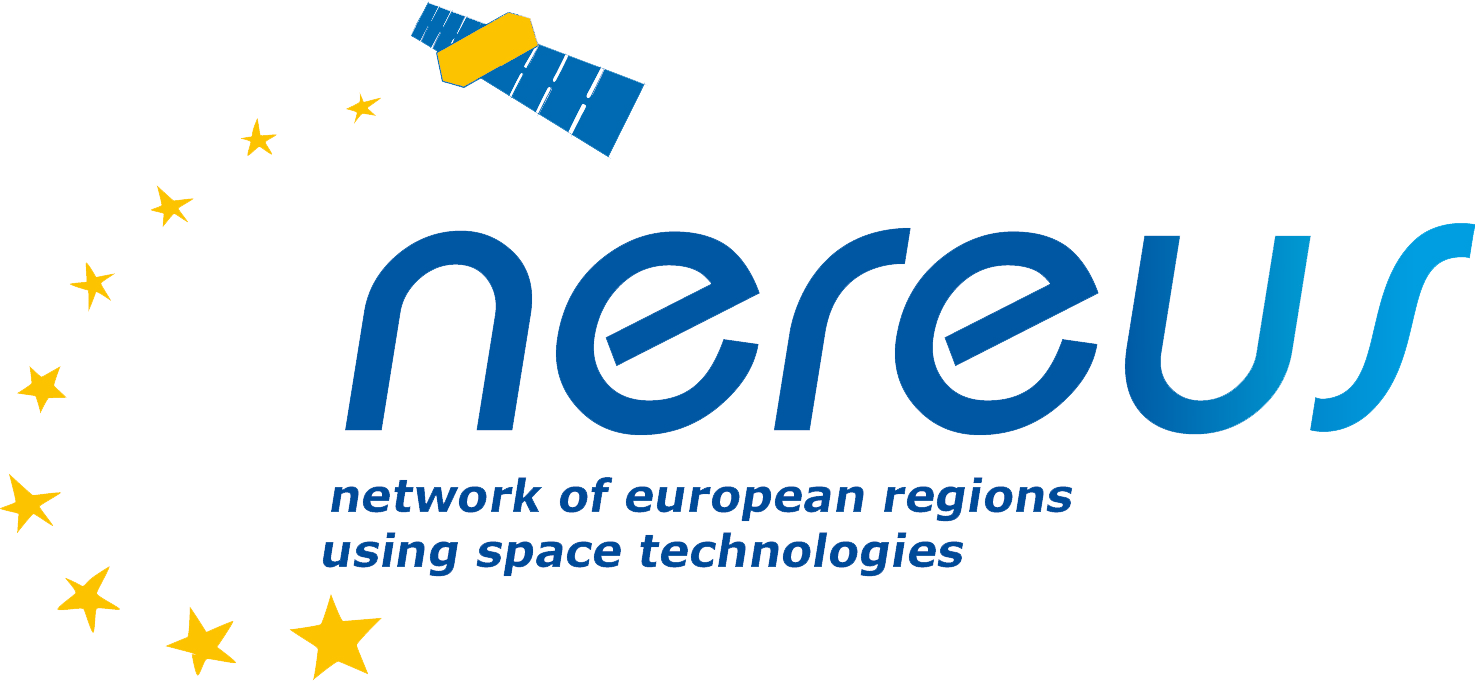
Philippe Baptiste, Chairman and CEO
Interview
The big question facing us is how to promote sustainable development in our daily activities in a concrete way.
And how, at CNES, we can improve our carbon footprint, reduce our energy consumption or use greener fuels, as exemplified by our Kourou base in French Guiana, which will lead the energy transition of the whole region.
Without space today, there can be no observation of Earth, and without Earth observation we cannot measure human impacts on planet Earth. Space provides essential data to forecast climate change, measure greenhouse gases, man-made CO2 emissions and rising sea levels, and to exploit resources for agriculture and fisheries responsibly.
Space is now undergoing deep transformations. For a long time, science, technology, Earth observation, telecoms and defence have been the foundation of space. Today, the space sector is taking on huge economic importance with impressive forecasts for growth. Earth observation is fuelling a multitude of applications and new services for businesses, governments and international organizations. It is driving development but also disrupting the initial space model in which agencies have a central role to play.
As a message to the exhibition’s visitors, I would like to quote William Anders, an astronaut on the Apollo 8 mission: “We came all this way to explore the Moon, and the most important thing is that we discovered the Earth”.





